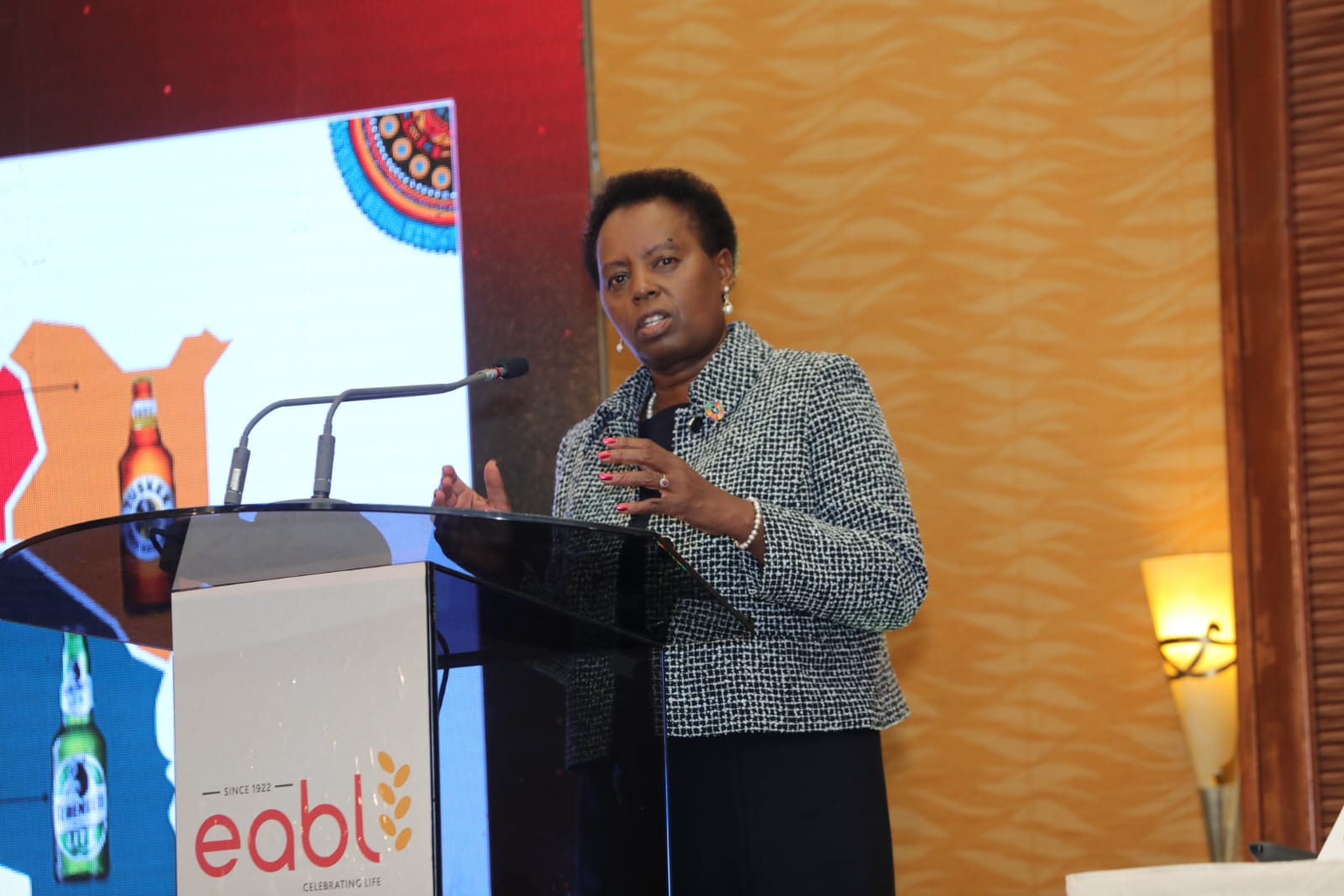Tough operating environment in Kenya occasioned by high inflation, currency depreciation and a rise in tax expenses saw the East African Breweries (EABL) profit after tax for the full year ended June 30, 2023 plunge 20.9pc to Ksh 12.3 billion from Ksh 15.6 billion.
The decline in profitability comes despite the a slight increase in net sales which increased just 0.2pc to Ksh 109.6 billion compared to Ksh 109.4 billion reported last year on what EABL blames on reduced spending among consumers.
“Multiple excise tax increases stretching a few years back continues to have a landing effect on consumers spending power leading to slower off-take of our products.
In the second half of the year we continued to face these challenges characterized by inflation and even cost escalation mainly fueled by continued geo-political tensions. These complexities are still impacting the wider manufacturing operations and depressing consumer wallets especially on discretionary spend,” said Dr Martin Oduor Otieno, EABL Chairman.
EABL revenues in Kenya went down 4pc while Uganda and Tanzania recorded revenue increases of 17pc and 1pc respectively.
During the year under review, the Kenya unit contributed 64pc of the firm revenue compared to 21pc in Uganda and 15pc in Tanzania.
According to the brewer, it faced significant headwinds in Kenya compared to Uganda and Tanzania during the period under review it saw significant rises in cost of grain which went up 31pc, logistics 14pc, electricity 40pc and neutral spirits by 61pc as a result of 25pc excise tax on glass.
“Most of those challenges that we are describing were more felt in Kenya and also given the size of the Kenyan business then specifically that affects EABL performance,” said Jane Karuku, EABL Chief Executive Officer.
According Karuku, EABL strategy to source 80pc of its raw materials locally, mainly barley and sorghum, shielded it from global supply chain disruptions as a result of the ongoing Russia-Ukraine conflict.
“Where it affects us that during the drought because sorghum is grown for both food and animal consumption, we found ourselves competing with World Food Programme because they were buying sorghum for relief programme,” said Karuku.
The firm spends about Ksh 1.5 billion annually to purchase sorghum alone from more than 21,000 contract farmers within the region.
In 2023, EABL reported a 3pc increase in revenue from spirits and 5pc revenue increase from premium brands. On the other hand, beer sales dipped 2pc. EABL also saw it total assets increase 23pc to Ksh 43.4 billion from Ksh 35.4 billion.
EABL shareholders will also see their dividends fall by half to Ksh 5.50 per share from Ksh 11 per share after the board recommended a final dividend of Ksh 1.75 per share including a Ksh 3.75 interim dividend.





